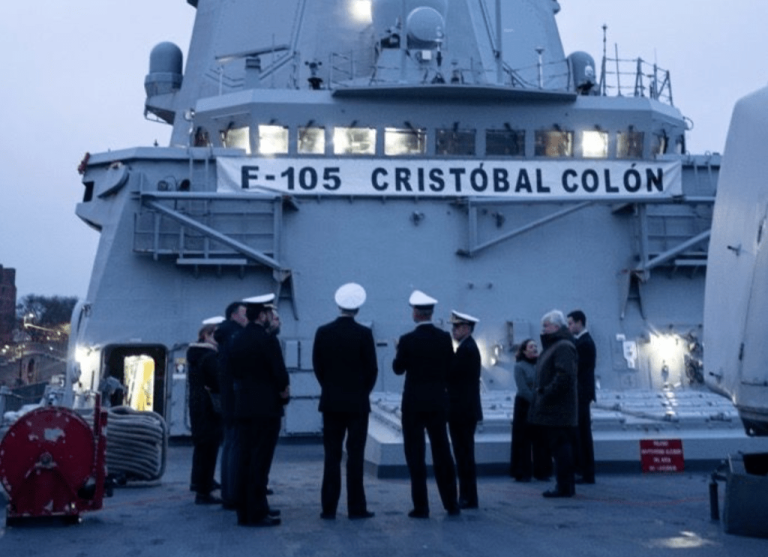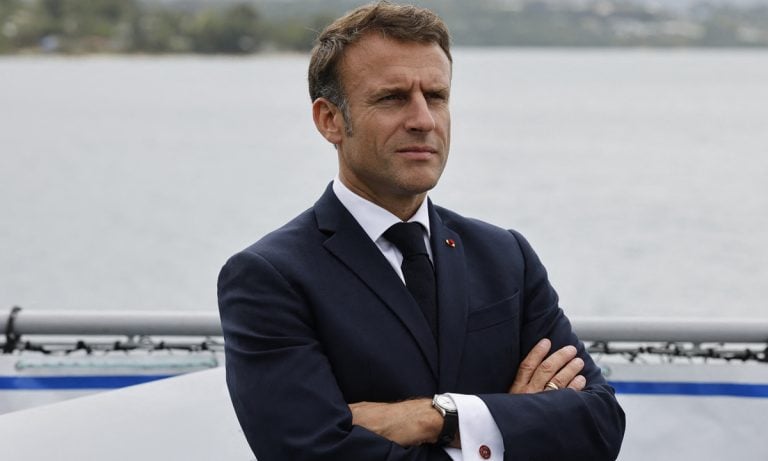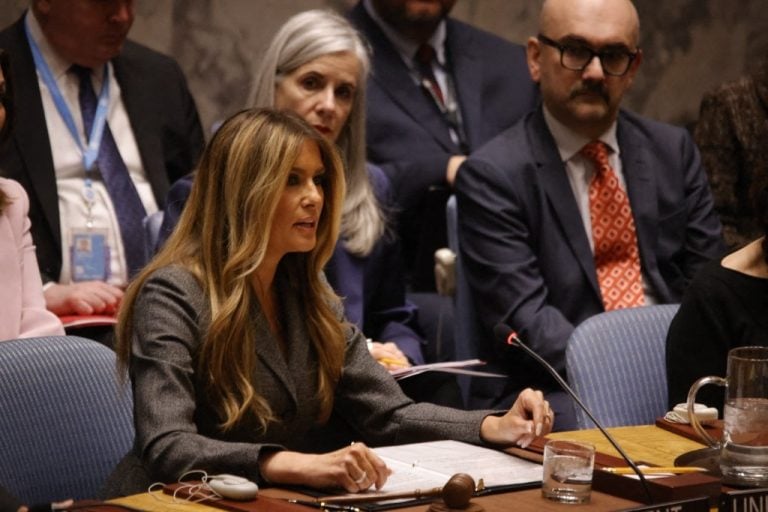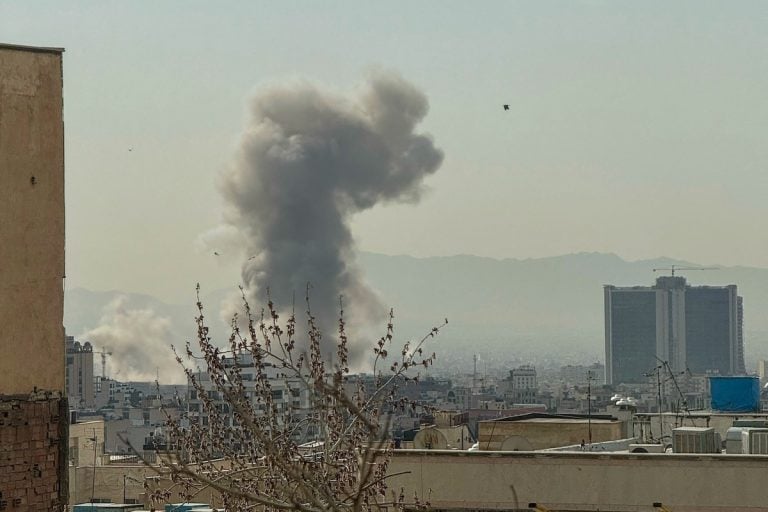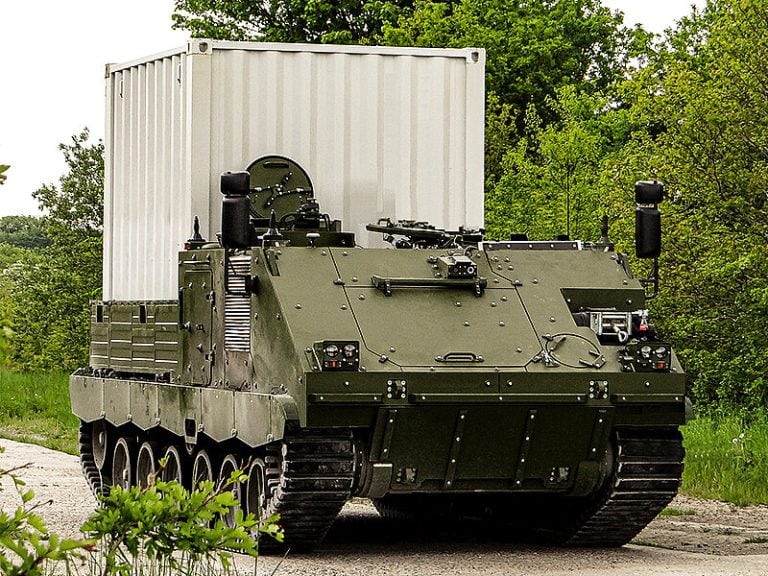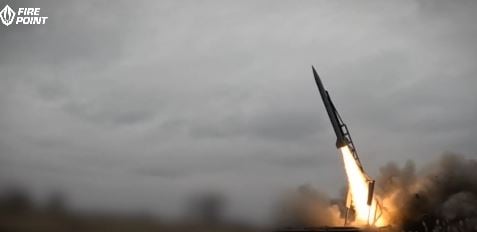France has formally expressed its desire to increase its stake in the Future Combat Air System (FCAS) program, seeking an 80 percent share in the ambitious joint fighter jet initiative alongside Germany and Spain. This program, valued at over 100 billion euros (approximately $117 billion), is spearheaded by prominent European defense companies including Airbus, Dassault Aviation, and Indra.
The request has sparked significant concerns among partnering nations, as it threatens to disrupt previously established agreements regarding workshare and funding. The change in France’s stance could potentially delay the next phase of development, which is slated to commence by the end of this year. In a response, Germany’s defense ministry emphasized that existing intergovernmental agreements continue to remain valid, directing queries regarding France’s position to French officials.
Despite the heightened tensions, the French Defense Ministry and Airbus opted not to comment on the situation. However, Airbus maintained its dedication to the FCAS project and existing agreements, underscoring the complexities woven into this multinational effort.
Since its inception in 2017, initiated by France and Germany and later joined by Spain, the FCAS program has been characterized by ongoing disputes over workshare distribution and intellectual property rights among the involved nations. The primary objective of this endeavor is to develop a fifth-generation fighter jet aimed at replacing current Rafale and Eurofighter fleets by 2040, along with a vision of integrated drone systems and sophisticated digital capabilities.
Responsibilities within the FCAS project are delineated among the partner countries across several critical domains, including the fighter aircraft, engine development, a remote carrier drone, and the overarching air combat cloud infrastructure.
After a year marked by stalled negotiations, France and Germany heralded a breakthrough in 2022, resolving pivotal disagreements between Airbus and Dassault Aviation that had hindered progress. Earlier in 2021, a collaborative pact was established wherein Berlin, Madrid, and Paris committed to invest 3.5 billion euros (around $4.3 billion) in Phase 1B of the FCAS project, which includes the development of a flight demonstrator for forthcoming testing purposes.
As discussions continue, the future of this critical project remains uncertain, with the potential for France’s recent demands to reshape the landscape of European defense collaboration.

